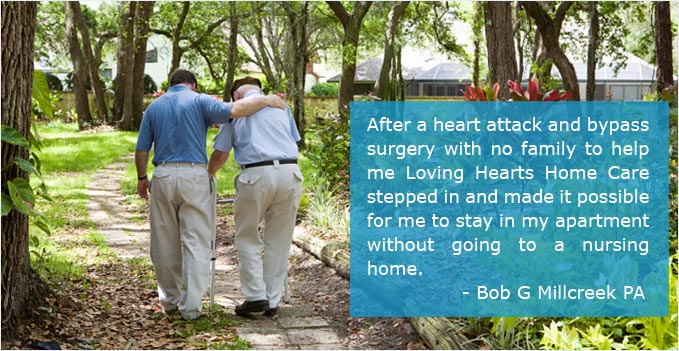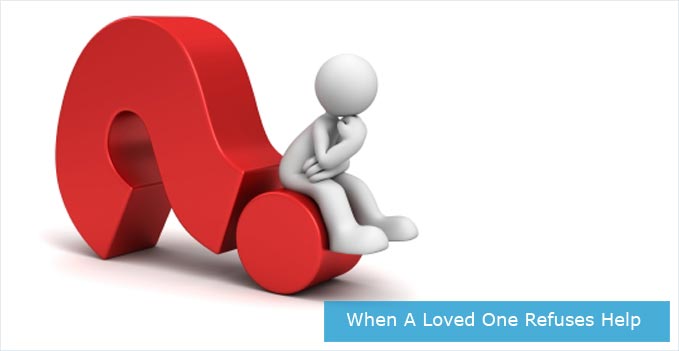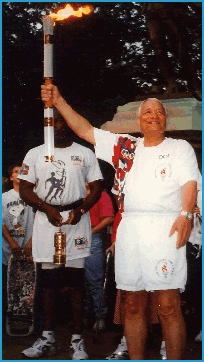The Physical and Mental Effects of Family Caregiving

Roles of Care Giving
Family caregivers have played a significant role in our society since the beginning of time. Each year, the demand for caregiving affects millions of America families from all socioeconomic, ethnic, and educational backgrounds. Today, family caregivers play an essential role in our system of care by providing a significant proportion of our health and long-term care for the chronically ill, disabled, and aging. The associations between physical and psychological health and being an informal caregiver are well established. In this article, caregiving denotes care that is provided by a family member or friend rather than by a professional who is reimbursed for service.
Clinical observation and early empirical research showed that assuming a caregiving role can be stressful and burdensome. Caregiving has all the features of a chronic stress experience, it creates physical and psychological strain over extended periods of time, is accompanied by high levels of unpredictability and uncontrollability, has the capacity to create secondary stress in multiple life domains such as work and family relationships, and frequently requires high levels of vigilance. Caregiving fits the formula for chronic stress so well that it is used as a model for studying the health effects of chronic stress.
Evidence on the health effects of caregiving gathered over the last two decades has helped convince policymakers that caregiving is a major public health issue. Professional advocacy groups, including nurses and social workers, have been instrumental in raising awareness about this issue. The dominant conceptual model for caregiving assumes that the onset and progression of chronic illness and physical models can be used to study caregiving.
Factors
Factors linked to caregiver’s physical health include the care recipient’s behavior problems, cognitive impairment, and functional disabilities, the duration and amount of care provided; vigilance demands, caregiver and patient coresidence. Feelings of distress and depression associated with caregiving also negatively affect the caregiver’s physical health. Caring for a patient with dementia is more challenging than caring for a patient with physical disabilities alone. People with dementia typically require more supervision, are less likely to express gratitude for the help they receive, and are more likely to be depressed. All of these factors have been linked to negative caregiver outcomes.
Greater degrees of depression and stress and low ratings of subjective well-being in caregivers are consistently associated with the following factors. The care recipient’s behavior problems, the care recipient’s cognitive impairment, the care recipient’s functional disabilities, the duration and the amount of care provided, the caregiver’s age, with older caregivers being more affected, the relationship between caregiver and care recipient with a spousal relationship having a greater effect, the caregiver’s sex with females being more affected.
Recently researchers have focused not only on providing care as a cause of distress, but also on the caregiver’s perception of how much the patient is suffering. Patient suffering is manifested in three related and measurable ways: overt physical signs, including verbal and non verbal expressions of pain and physical discomfort, such as difficulty breathing, psychological symptoms of distress, such as depression and apathy, and existential or spiritual well being, reflection the extent to which religious or philosophical beliefs provide inner harmony, comfort, and strength or, alternately, lead to despair.
Loving Hearts Home Care, Inc. is able to provide your family with assistance to ease some of the stress that goes along with the physical and mental effects of family caregiving. http://www.lovingheartshc.com/wp-admin/post.php?post=1838&action=edit








Comments